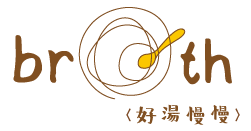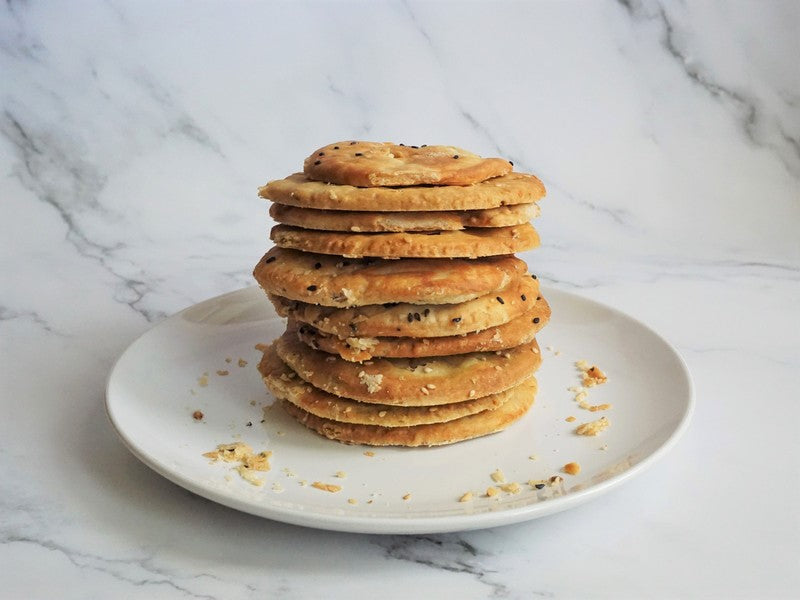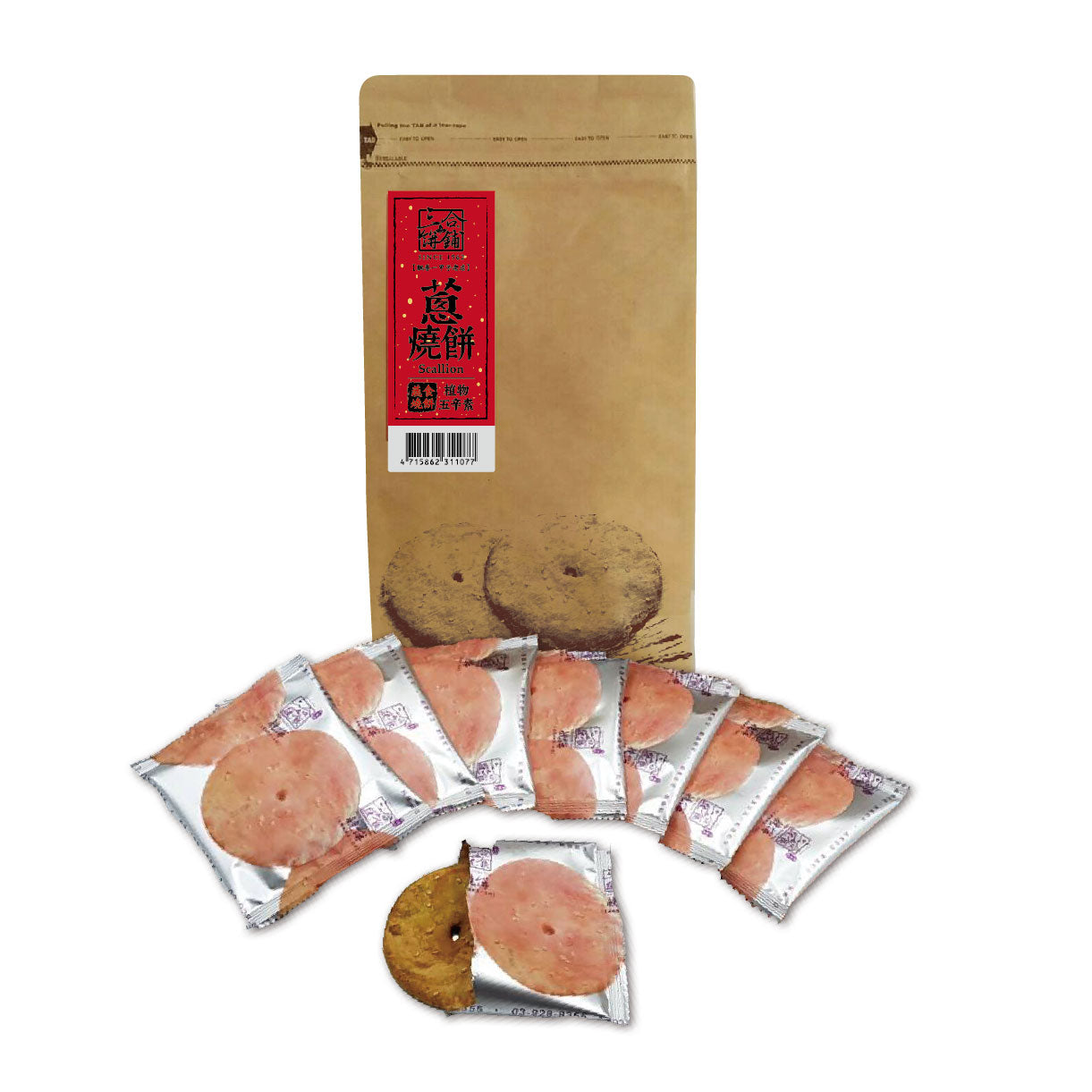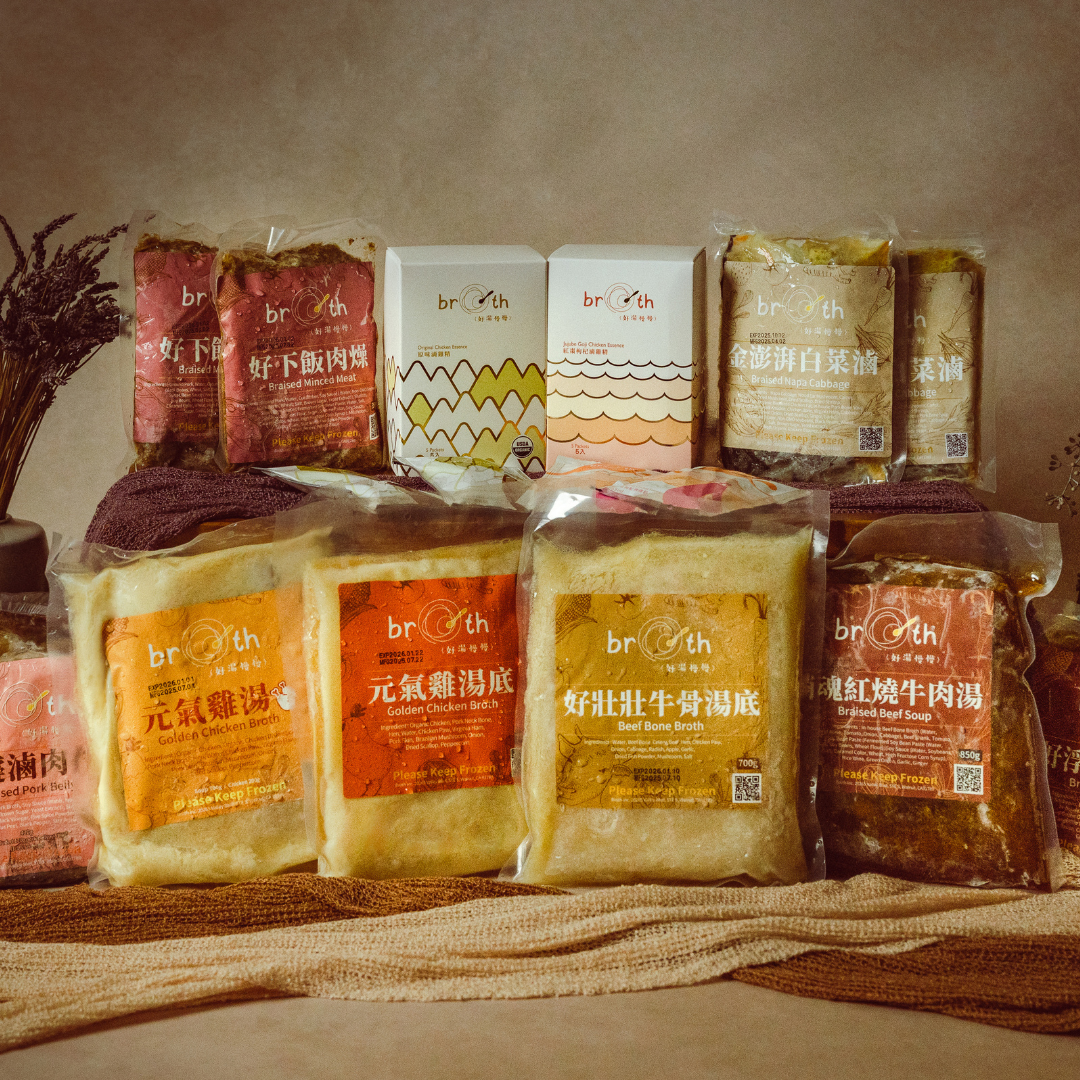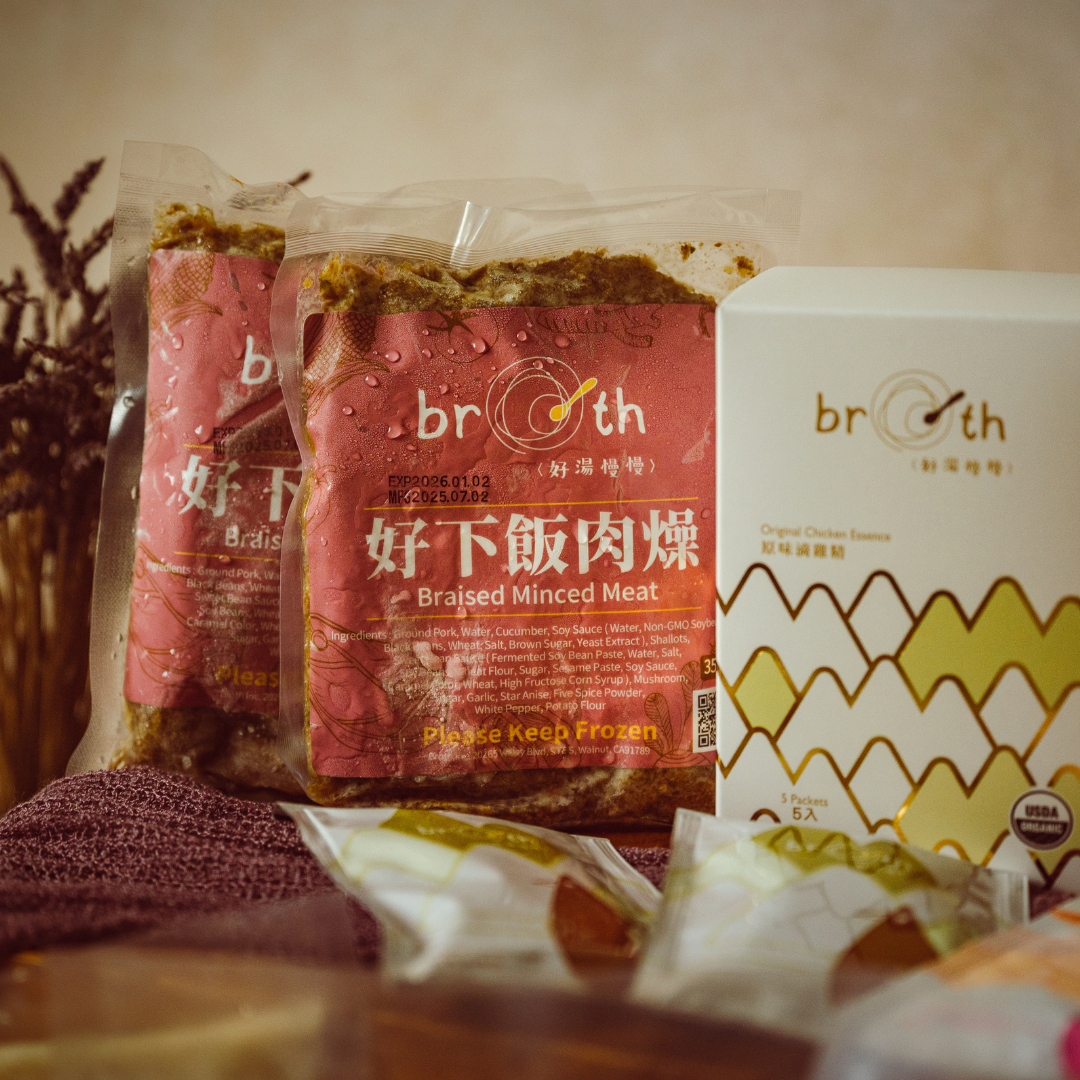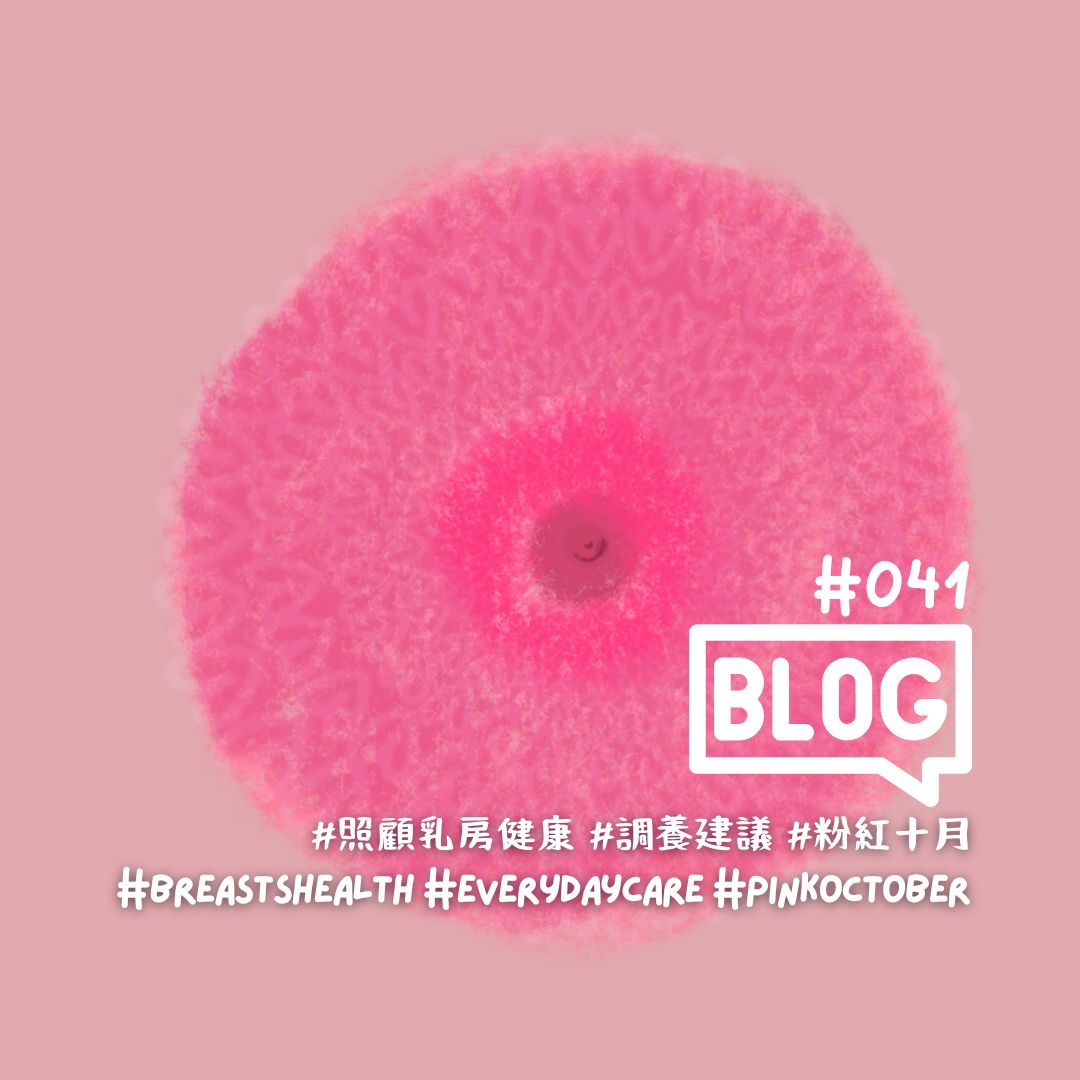
— A Women’s Wellness Feature by BROTH
Every October, the world is reminded of the importance of breast health through the symbol of the pink ribbon. In the past, this month was often associated with serious topics like “cancer prevention” and “screening.” But concern for breast health shouldn’t stem solely from numbers on a medical report or overwhelming self-check guides.
Breast health is rooted in everyday life: the subtle swelling and soreness before your period, recurring blocked ducts during postpartum breastfeeding, or the occasional sting in your chest when you’re stressed—these common discomforts are your body’s quiet way of saying, “I need a little more care.”
This October, BROTH invites you to explore a gentler perspective. Together, let’s discover how everyday nutrition and stage-specific self-care can help you support breast health in a scientific and practical way.

Ⅰ. Breast health requires daily care—not just attention when something goes wrong
Breast tissue is one of the most hormone-sensitive areas in the female body. It is influenced by hormonal fluctuations, mood, lifestyle habits, and dietary patterns. Unlike a cold or fever, its signals may not be immediately obvious, but it often communicates through subtle cues that it needs your attention.
Many women have experienced these moments:
- Unexplained breast tenderness and sensitivity before menstruation;
- Blocked ducts, swelling, or redness during the postpartum breastfeeding phase;
- Chest discomfort or tension after prolonged stress or lack of sleep—when even emotions seem to take a toll on the body.
While these symptoms are generally benign, ignoring them can lead to discomfort and reduced quality of life over time. We want you to know: you’re not alone in feeling this way. These signals from your body can, in fact, be gently soothed through changes in diet and daily self-care.

Ⅱ. What should you eat for better breast health? 6 food groups to include more often
Maintaining breast health requires long-term, gentle nourishment. Beyond a balanced routine and emotional management, what you eat daily plays a powerful role. The six categories below are excellent natural supporters of breast health—especially during times of hormonal fluctuation or emotional stress.
- Fresh vegetables – for a “cleaner” system
Tomatoes, carrots, pumpkin, asparagus, cauliflower, and leafy greens are rich in fiber and antioxidants. They help clear free radicals and promote hormonal balance—great for easing breast sensitivity.

- Fish and seafood – rich in trace minerals and healthy fats
Yellow croaker, hairtail fish, oysters, and seaweed are loaded with zinc, selenium, DHA, and other nutrients that support tissue repair and immune stability. They are especially helpful during recovery or lactation when consumed gently.

- Mushrooms and fungi – to boost immunity
Ingredients like black fungus, white fungus, shiitake mushrooms, and poria are known as natural immune modulators. They help strengthen your body’s resilience to stress and hormonal swings.

- Dairy – to stabilize calcium and support mood
Moderate intake of milk or yogurt can benefit your nervous system and bone metabolism while also offering indirect support to breast tissue.

- Nuts and seeds – for antioxidants and skin nourishment
Sesame seeds, walnuts, almonds, and peanuts are rich in vitamin E and plant-based fatty acids. They help improve breast tissue elasticity and reduce hormone-related discomfort.

- Soy products – gentle hormone balancers
Tofu, soy milk, and edamame contain natural plant isoflavones that help regulate estrogen levels and ease premenstrual breast tenderness or mood fluctuations.

In addition to these ingredients, we also recommend drinking a warm bowl of chicken essence during premenstrual, postpartum, post-surgery, or emotionally exhausted periods. As a highly absorbable, low-fat source of small-molecule nutrients, chicken essence effectively replenishes protein, boosts circulation, and supports recovery—an ideal supplement alongside these food categories.
Ⅲ. Care suggestions for common scenarios
Breast discomfort often correlates with hormonal cycles, emotional stress, or specific physiological phases. Effective, gentle care is about listening to your body and adapting to its rhythm. Below are some typical scenarios and dietary suggestions worth keeping in mind:
- Before your period | Breast swelling and emotional shifts
Many women experience breast tenderness, heightened sensitivity, irritability, or insomnia before menstruation. During this “sensitive period,” the key is to soothe the liver, regulate energy, and nourish blood. Try avoiding spicy and cold foods, and instead focus on warming ingredients like red dates, longan, and Chinese yam. These help ease discomfort and balance your mood. If possible, try gentle yoga or warm compresses to relieve breast tension.

- Postpartum breastfeeding | Milk blockage and fatigue
During breastfeeding, the breast is under constant strain, often leading to engorgement or difficulty in milk flow. Care at this stage should not only support milk production but also avoid heatiness and duct blockage. Consider papaya fish soup, white fungus and lily porridge, or astragalus and goji berry tea. Gentle nutrient supplementation like Jujube Goji Chicken Essence can also help restore strength and improve flow. However, avoid over-supplementation—adjust based on your individual constitution.

- Post-surgery recovery | After breast or gynecological procedures
During recovery—especially after minimally invasive breast procedures or gynecological treatments—your body is in healing mode. Light, nutrient-rich, and easily absorbed foods are recommended. Go for porridge, stews, or steamed meals, and avoid fried, greasy, or cold foods. To replenish protein and nutrients, chicken essence is a convenient and gentle option, particularly for those with post-op fatigue. Maintaining regular sleep and light movement will also aid recovery.

- Chronic stress | Subtle pain, heaviness, and silent “protests” from your body
Long-term emotional tension or irregular routines may cause your breasts to respond subtly—dull pain, tightness, or sensitivity. The key here is to relieve liver tension and balance mood. Try American ginseng, rose petals, aged tangerine peel, black beans, and white fungus to ease the stress response. Cut back on caffeine, overly salty foods, and sugary drinks. Gentle habits like walking, deep breathing, and warm foot baths can help rebalance your endocrine system and restore breast comfort.
Ⅳ. Taking care of your breasts is a small act of daily self-kindness
We believe that maintaining breast health is embedded in the little things you do each day—observing yourself in the mirror in the morning, eating a light, satisfying dinner, or going for an impromptu evening walk. It’s these seemingly small decisions that carry the greatest power.
Health is not about striving for perfection, but rather a gentle reminder that: you can accept yourself fully, even in moments of fatigue, anxiety, or vulnerability.
Starting this month, let’s make breast care a daily practice—not out of fear or pressure, but simply to feel safer, calmer, and more like ourselves.
Reference:
- Xinxiang Medical University Affiliated Hospital. (n.d.). Common causes of breast pain and self-care tips. Retrieved from http://www.xqhospital.com.cn/news/news0301.asp?filename=200227617
- Mayo Clinic. (n.d.). Breast pain: Symptoms and causes. Retrieved from https://www.mayoclinic.org/zh-hans/diseases-conditions/breast-pain/symptoms-causes/syc-20350423
- Health News Taiwan. (2023). Breast pain before menstruation? TCM doctors share 4 relief tips. Retrieved from https://www.healthnews.com.tw/article/57869
- BROTH. (2023). The Pink Path: Understanding, Overcoming, and Celebrating Women’s Physical Changes. Retrieved from https://welovebroth.com/blogs/weloveblog/016-the-pink-path

